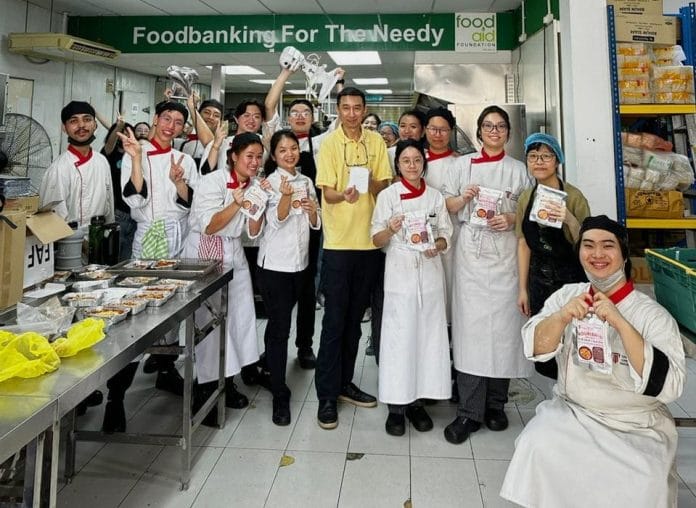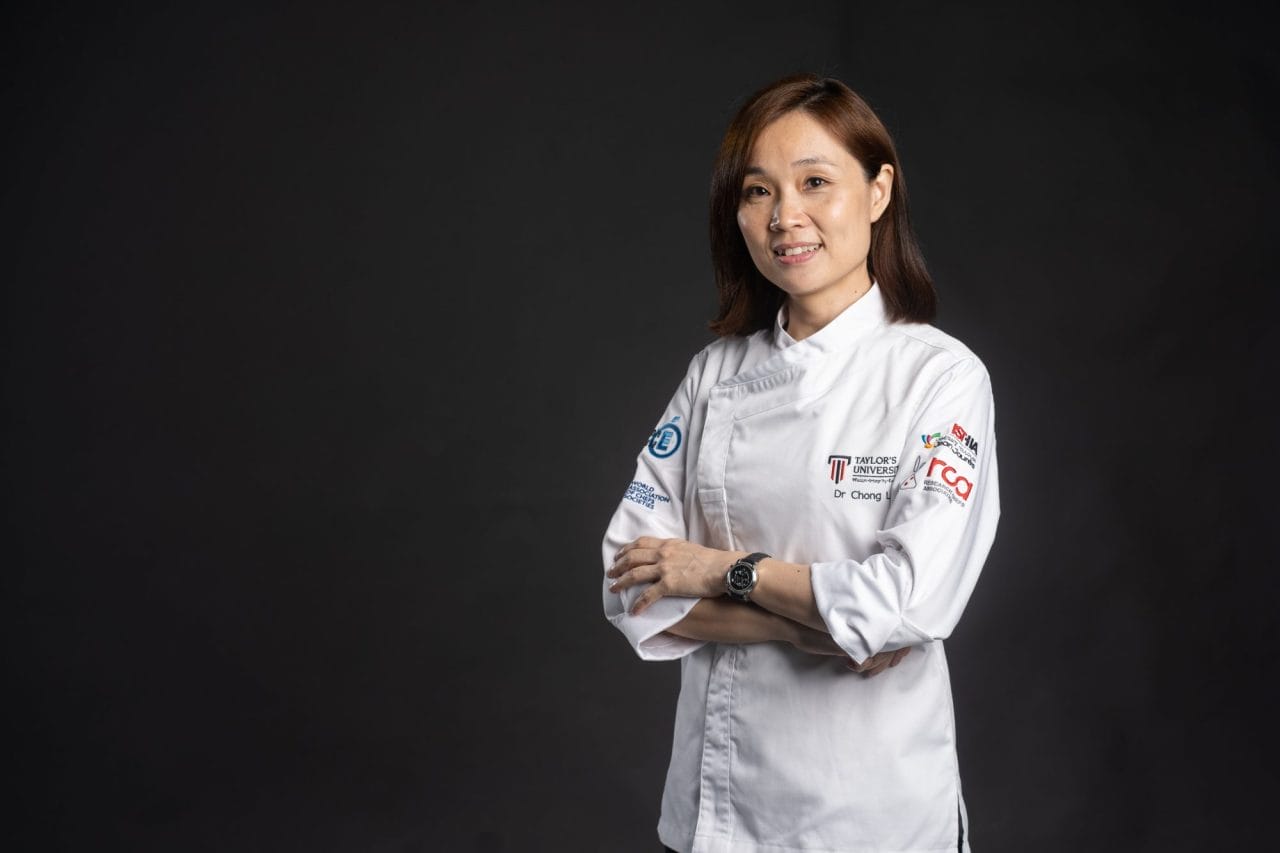Food waste should be viewed as a problem that everyone needs to solve through a combination of innovation and action from individuals and industries in Malaysia.
At the individual level, we may not fully appreciate the impact we can make, as one single action may not completely solve the issue. However, being mindful of our food consumption habits can address the challenge of food waste and contributes to the big picture.
According to statistics from Solid Waste Management and Public Cleansing Corporation (SWCorp), Malaysians throw away about 39,078 tonnes of solid waste daily, and food makes up the largest component of domestic waste at 30.6%.
The issue of food waste intensifies during various festive seasons in Malaysia. While our cultural festivities bring communities together on joyous occasions, we unfortunately also witness a surge in food wastage due to excessive preparation and consumer purchasing habits. Therefore, an understanding that every person is accountable and responsible for zero food waste in our daily lives is crucial. Attaining the goal of less demand and less food waste will allow us to make the right decisions in food purchasing and preparation.
In addition, efforts should be made to promote food rescue initiatives, by redirecting surplus food to those in need rather than allowing it to go to waste. The establishment of neighbourhood food banks should be encouraged to bridge the food waste and food insecurity gaps.
To address the problem of food waste, Taylor’s University’s Food Security and Nutrition (FoSN) Impact Lab is actively working on research and development projects, including the formation of a Taylor’s Food Waste Management Hub. Our goal is to establish a just and resilient food system that benefits all Malaysians through collaboration with businesses and NGOs, including food banks and communities.
In 2023, we implemented ‘Nourish-U’ – an impact project to tackle the problem of food security and nutrition among Malaysian children, with a particular focus on the B40 community. In collaboration with Food Aid Foundation, surplus food that would have been wasted were made into healthy meals.
We conducted testing on the food processing methods to enhance the shelf-life of these foods, before distributing them to children in the selected communities. This holistic approach not only causes improvement in the nutritional intake of underprivileged children, but also develops social responsibility among our university students to solve food waste issues.
Turning to the food industry, F&B businesses and manufacturers also have a significant role to play. Many small and medium-sized food enterprises (SMEs) hesitate to implement business policies and technologies that encourage food waste management. This is largely due to the fear and perception that such measures would be economically burdensome.
While not all F&B businesses and SMEs would find it easy or affordable to use advanced technologies in waste management, it is crucial to recognise that the cost of doing nothing is far more than the costs associated with implementing waste reduction strategies.
Numerous studies have revealed that many companies can experience substantial cost savings over time by setting waste reduction initiatives, which include minimising the overproduction of products as well as optimising inventory management. In addition, companies that are committed to sustainability can strengthen their brand and gain a competitive advantage with the growing number of environmentally conscious customers.
One way that our government can help F&B businesses and SMEs implement cost-effective waste reduction strategies is by providing grants or subsidies. Also, building programmes that target the local community and working together with local organisations can help F&B businesses and SMEs find affordable resources, and provide the training that they need to deal with the issue of waste management.
The issue of food waste is multifaceted, and we need to balance the promotion of inclusivity, economic concerns, and personal responsibility. By applying innovative problem-solving techniques, encouraging stakeholder engagement, and building up a collective action base, Malaysia can move towards a future in which food waste is minimised, resources are optimised, and no one is denied access to a healthy diet. Let us work together towards creating a sustainable and resilient food system that will serve generations to come.
The Author, Associate Professor Dr Chong Li Choo is the Director of the Food Security and Nutrition (FoSN) Impact Lab at Taylor’s University. The FoSN Impact Lab aims to address the United Nations Sustainable Development Goals (UN SDGs) of Responsible Consumption and Production (SDG 12), Zero Hunger (SDG 2) and Good Health and Well-being (SDG 3).










